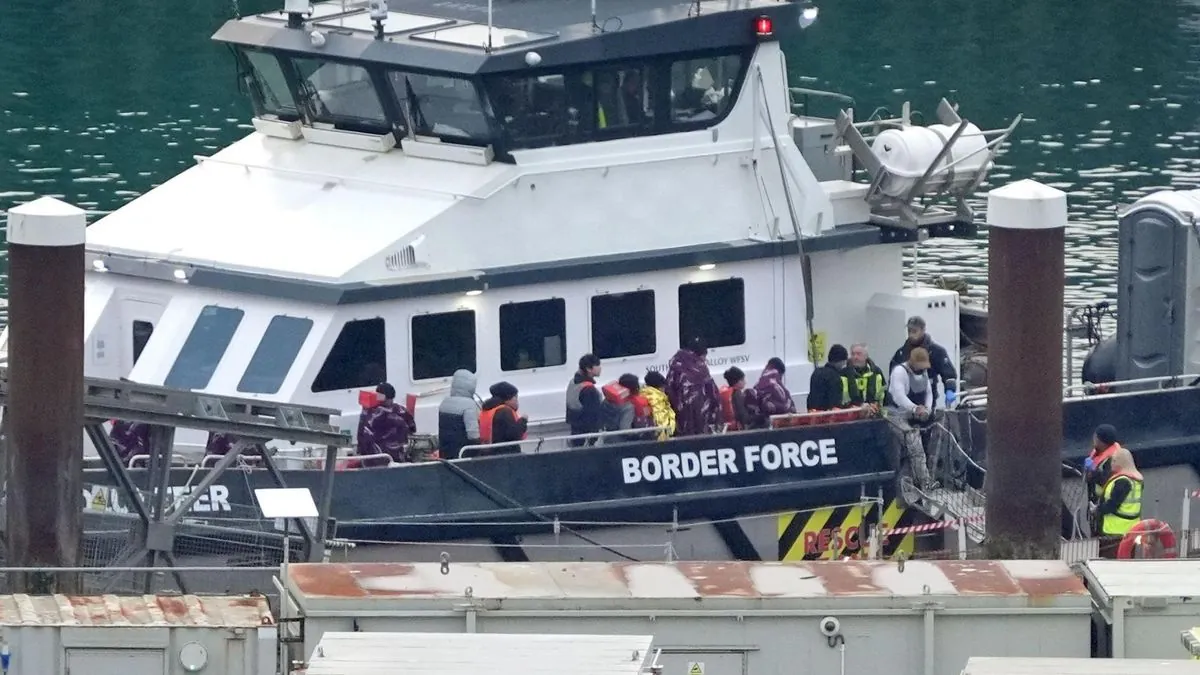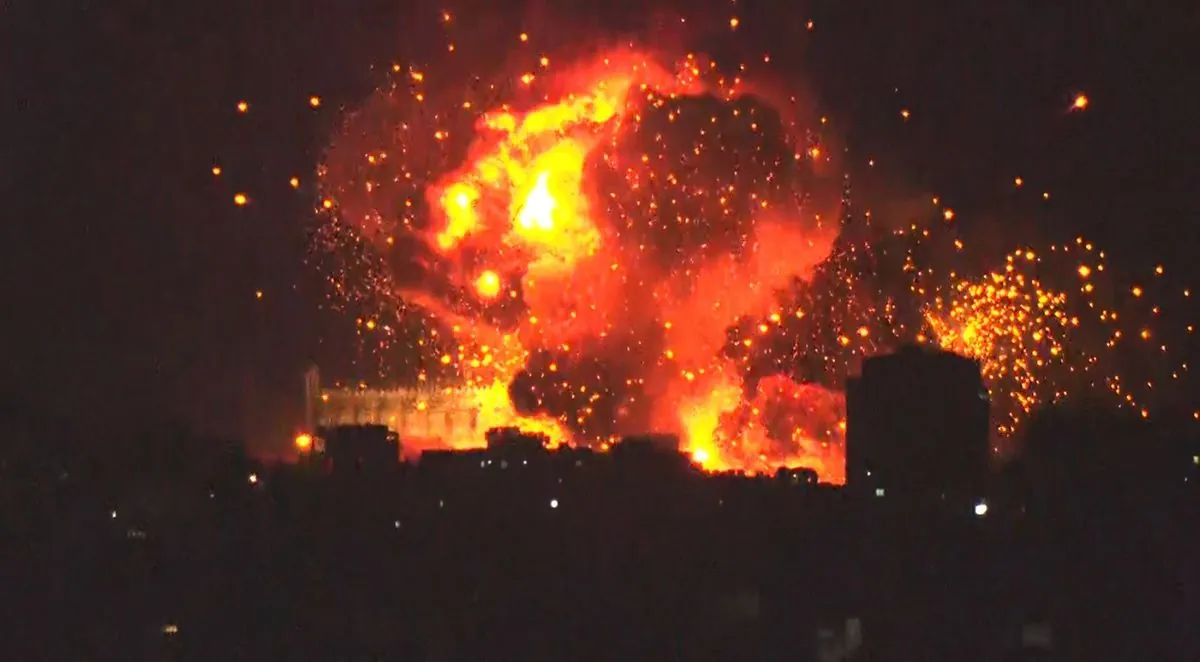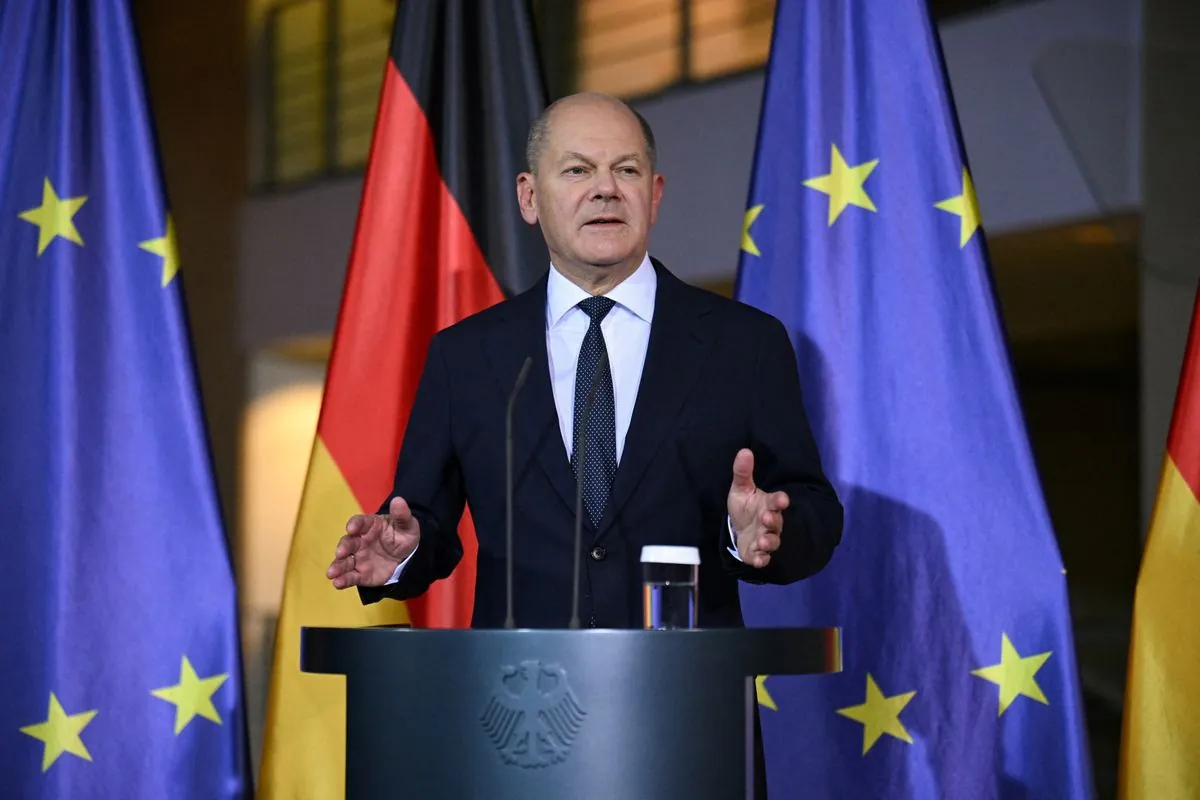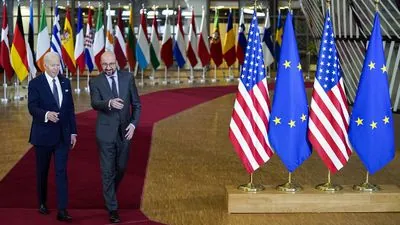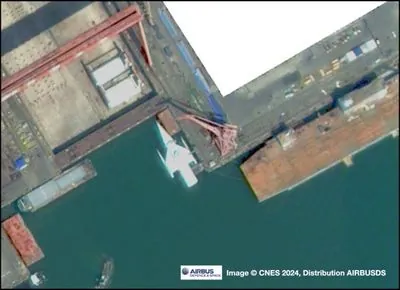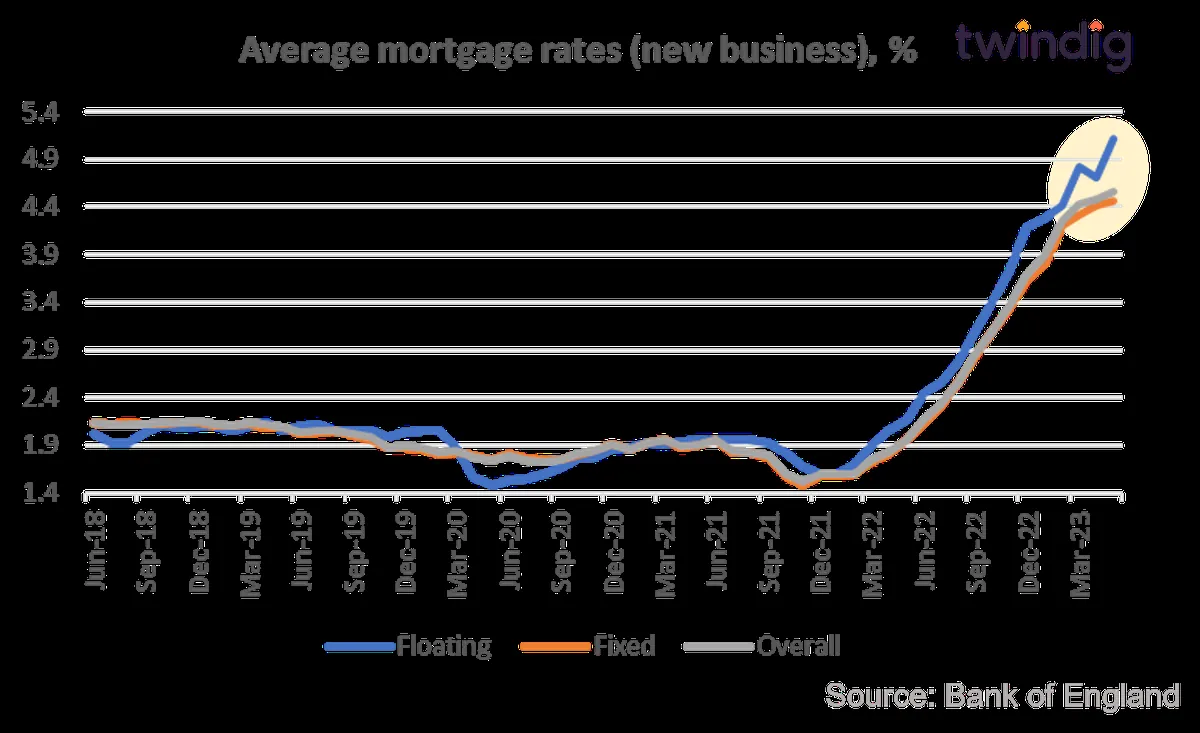Cameroon
Cameroon, officially the Republic of Cameroon, is a country in Central Africa. It shares boundaries with Nigeria to the west and north, Chad to the northeast, the Central African Republic to the east, and Equatorial Guinea, Gabon and the Republic of the Congo to the south. Its coastline lies on the Bight of Biafra, part of the Gulf of Guinea and the Atlantic Ocean. Due to its strategic position at the crossroads between West Africa and Central Africa, it has been categorized as being in both camps. Cameroon's population of nearly 31 million people speak 250 native languages, in addition to the national tongues of English and French, or both. Early inhabitants of the territory included the Sao civilisation around Lake Chad and the Baka hunter-gatherers in the southeastern rainforest. Portuguese explorers reached the coast in the 15th century and named the area Rio dos Camarões, which became Cameroon in English. Fulani soldiers founded the Adamawa Emirate in the north in the 19th century, and various ethnic groups of the west and northwest established powerful chiefdoms and fondoms.
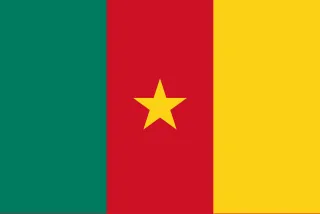
Some of the key events about Cameroon
- 1884Cameroon became a German colony, marking the beginning of European colonization
- 1916German Kamerun was divided between Britain and France, splitting the territory
- 1960Cameroon gained independence from France and became a sovereign nation
- 1960A devastating train crash in Eseka killed over 70 people
- 1961The Southern Cameroons voted to join the Republic of Cameroon, leading to tensions between Anglophone and Francophone regions
- 1972A new constitution was adopted, transforming Cameroon into a unitary state
- 1982The country discovered significant oil reserves, boosting its economy
- 1982A coup attempt against President Ahidjo was thwarted, resulting in executions and imprisonments
- 1986Lake Nyos disaster occurred, releasing toxic gases that killed over 1,700 people
- 1990Multiparty politics were introduced, ending the single-party system
- 1992Controversial presidential elections led to widespread protests and violence
- 2000The Chad-Cameroon Petroleum Development and Pipeline Project was launched, enhancing economic opportunities
- 2003Cameroon's national football team won the Africa Cup of Nations for the first time
- 2007The Cameroon-Nigeria border dispute was peacefully resolved, with Cameroon gaining the Bakassi Peninsula
- 2008Constitutional changes removed presidential term limits, sparking riots and dozens of deaths
- 2010The deep seaport project in Kribi was initiated, aiming to boost international trade
- 2014Boko Haram began launching attacks in northern Cameroon, causing widespread fear and displacement
- 2016Cameroon hosted the Women's Africa Cup of Nations, promoting women's football in the country
- 2016Protests in the Anglophone regions escalated into an armed separatist conflict, leading to ongoing violence and humanitarian crisis
- 2021Cameroon successfully hosted the African Nations Championship, showcasing its sports infrastructure
Disclaimer: This material is written based on information taken from open sources, including Wikipedia, news media, podcasts, and other public sources.
